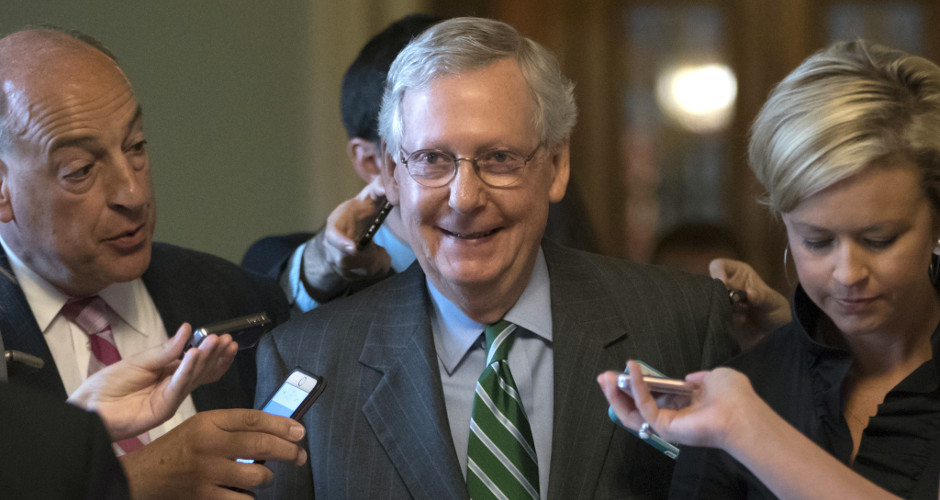Not Perfect but a Good Start
What’s staying the same is the government-managed individual insurance market exchanges will continue, as will the subsidies for people based on income, age, and where they live. For another two years, Washington will continue to pay insurance companies to cover the out-of-pocket costs incurred by lower-income policyholders.
Currently, individuals earning under $47,500 and families of four making under $97,200 are eligible for subsidies under the law. The bill would eliminate those subsidies beginning in 2020. It also eliminates a separate set of subsidies for out-of-pocket health care cost for those making under $30,000 in 2020.
The bill creates tax credits based on age starting at $2,000 for those in their 20’s and $4,000 for those in their 60’s; however, there’s no credit for those making over 215k and 290k per year. Rates would rise for those in their 50’s and 60’s, but this does not appear to impact those currently on Medicare.
The bill would allow states to seek waivers from insurance companies to offer essential benefits, and it bars insurers from charging more to people with pre-existing conditions. It allows insurance companies to sell plans without certain benefits like mental health, maternity, preventive care, hospitalization, and prescription drug costs. They can also charge higher rates for pre-existing conditions if people lose coverage, and the bill leaves in coverage for those age 26 and under who are on their parents’ plans.
The bill includes $130 billion in assistance for sick people who would see their premiums rise and an additional $8 billion in funding for high-risk pools over five years.
The bill eliminates the individual mandate for all Americans that has required them to maintain health coverage or pay a tax, and it also eliminates the employer mandate, but it allows insurers to raise premiums for 1 year by a 30% surcharge for anyone with at least a 63-day lapse of coverage.
The Medicaid funding would change from income-based to a per capita for those enrolled, or states could opt for block grants. This could give Governors a lot of leeway in how they distribute funds to recipients. Medicaid expansion would end in 2020.
The surtax on the rich would be eliminated.
One of the better elements of the bill would be an increase in the annual amount of money that individuals and families can contribute to their Health Savings Accounts. The new contribution limits for individuals would be $6,550, and $13,100 for families. This is an increase from $3,400 and $6,750 respectively, and, starting in 2018, the tax penalty for withdrawal for non-medical purposes would be decreased from 20 percent to 10 percent.


